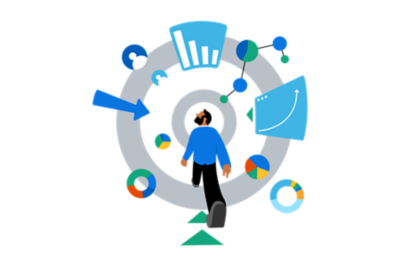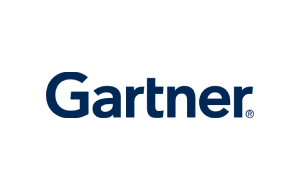Workday Adaptive Planning—the EPM software that has it all.
Why do more customers choose Workday Adaptive Planning? We deliver agility, connectivity, and scalability unlike anyone else. Simply put, Workday leads the pack.

CAPABILITIES
Financial planning.
Flexible budgeting, scenario planning, and reporting let you plan, budget, and forecast with confidence.
Workforce planning.
Plan for the skills you need today and tomorrow with flexible hiring plans that align finance, sales, HR, marketing, and IT.
Operational planning.
Enable company-wide planning in concert with finance. Use real-time data to deploy the right resources to meet business goals.
Close and consolidation.
Streamline close and consolidation tasks to increase accuracy, efficiency, and transparency in your consolidation process.
Insights as intelligent as your business.
Elevate your budgeting, planning, and modeling with Workday Adaptive Planning, the leading EPM solution for business planning. With advanced data visualization, AI-driven insights, and powerful reporting, your organization can make better decisions, faster.
-
Easy to use
-
Built-in analytics
-
Flexible for faster decisions
-
Scales with your business
-
Gets you up and running fast
-
Fast deployment
Our 6,000+ customers achieve amazing results.







A Leader in the 2023 Gartner® Financial Planning report.

Plan and budget with confidence.
With our EPM software, you can automate and streamline plans, budgets, and forecasts as well as align headcount, sales, and operational plans—freeing more time for strategy and reducing manual tasks.
ABOUT EPM SOFTWARE
What is EPM software?
Enterprise performance management (EPM) software enables organizations to forecast, budget, plan, report, and analyze. Workday EPM software delivers flexibility, speed, and scalability to help organizations drive growth.


“Workday Adaptive Planning has given us the ability to bring our full financial picture together in a way we were never able to before. It has unlocked our corporate reporting.”
—Erin Levy, Head of Financial System Advisory, CNA
Workday Adaptive Planning FAQs
Can I get Workday Adaptive Planning without purchasing other Workday products?
Absolutely. You can get Workday Adaptive Planning whether you have another Workday application or not. Our software works with any ERP/GL or other enterprise system (for example, HR, CRM, capital, and so on).
What types of data sources integrate with Workday Adaptive Planning?
Workday Adaptive Planning is open with a purpose-built integration framework, allowing customers to integrate any data source from their systems including ERP/GL, CRM, HR, PSA, and more. Over 300 unique systems can connect to Workday Adaptive Planning.
How quickly can Workday Adaptive Planning be deployed?
Workday Adaptive Planning is fast to deploy with rapid return on investment. Average deployment time is 4.5 months, even for some of the world’s largest companies.
What size organizations and industries are a best fit for Workday Adaptive Planning?
Workday Adaptive Planning is designed to support even the most complex planning requirements—so it can work for any organization.
We have customers across all industries, geographies, and company sizes.
Did Workday acquire Adaptive Insights?
Yes. We acquired Adaptive Insights in 2018, and the product is now Workday Adaptive Planning. As part of the Workday Enterprise Management Cloud, Workday Adaptive Planning continues to deliver a best-in-class enterprise planning solution to thousands of our customers.
What are the three key elements of enterprise performance management (EPM)?
First, EPM systems use an accounting and a general-ledger-centric approach to business planning versus one that is companywide. Second, performance targets and KPIs are measured periodically rather than continuously. Finally, budgets and plans are created within each business unit and are often tied to specific performance goals.
